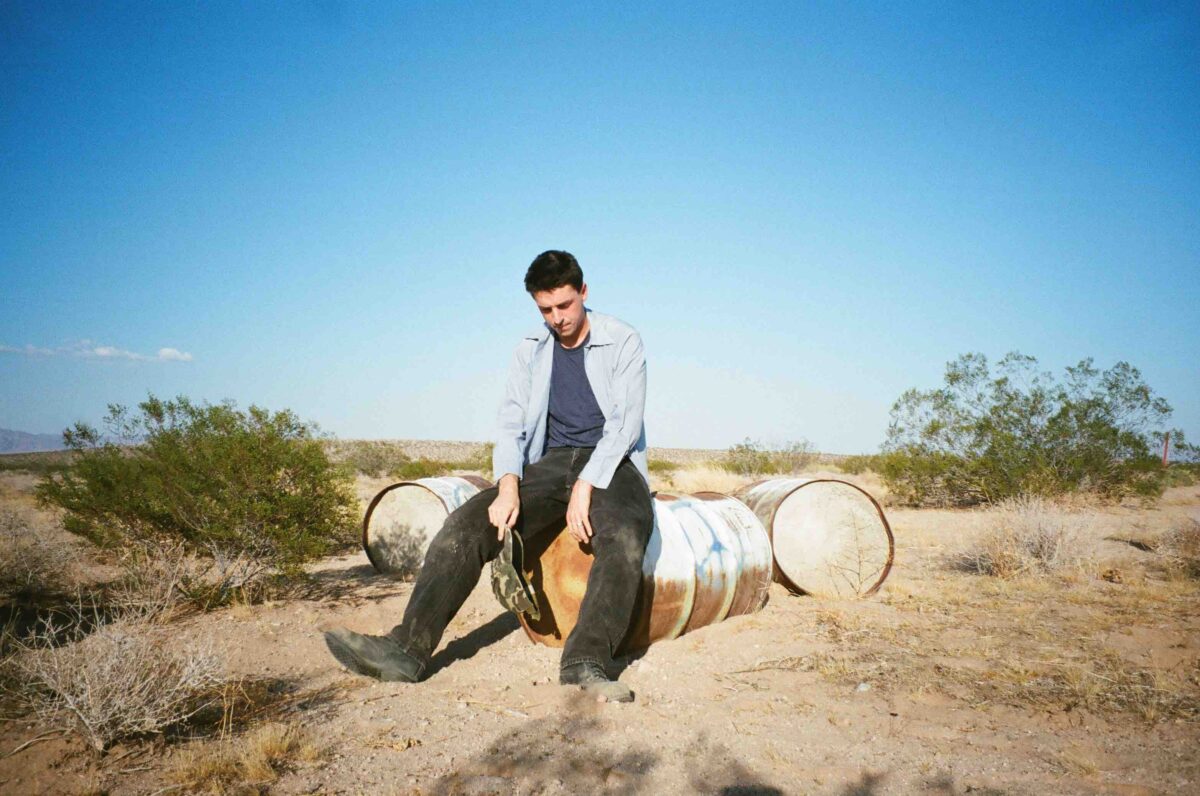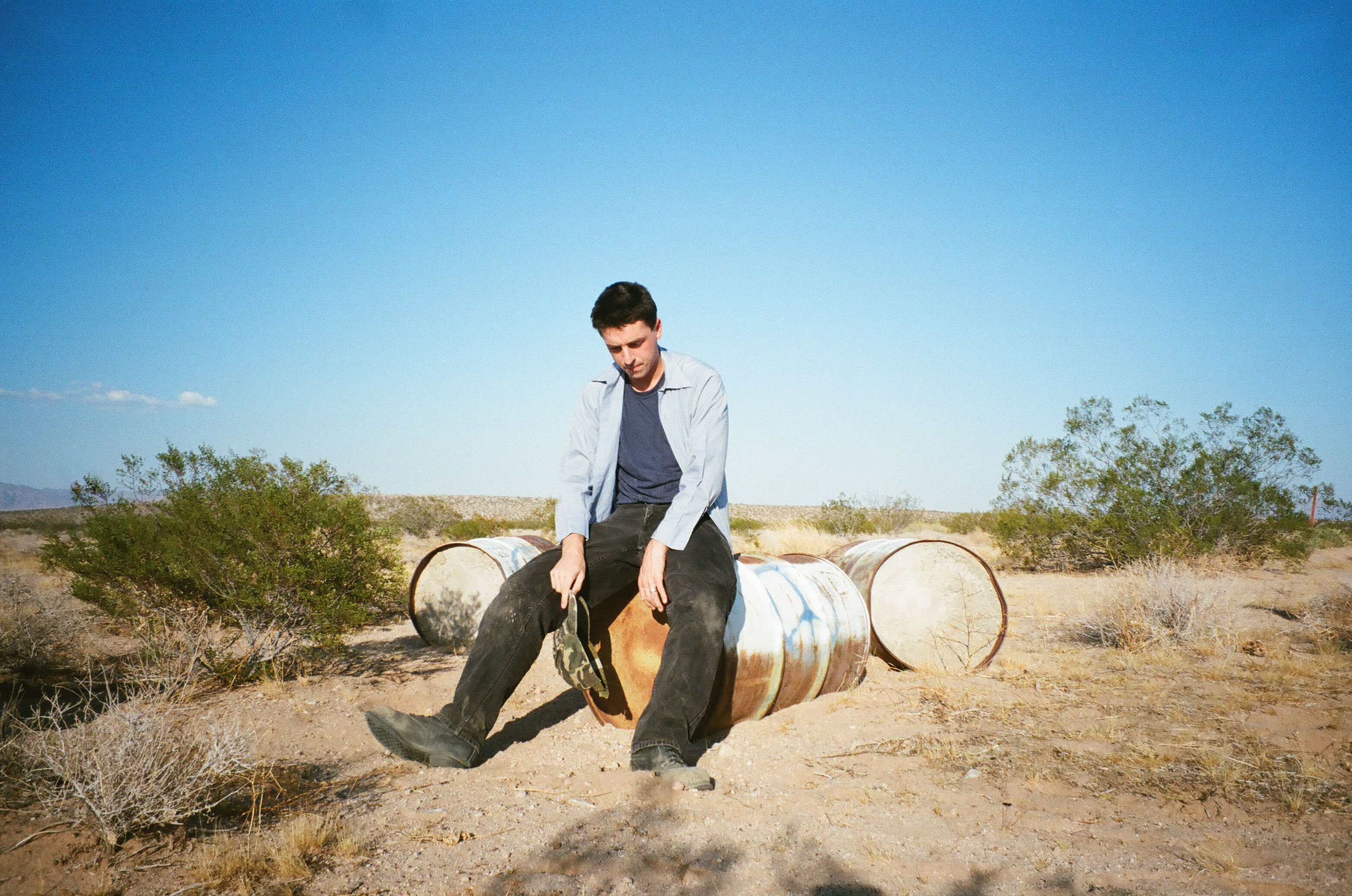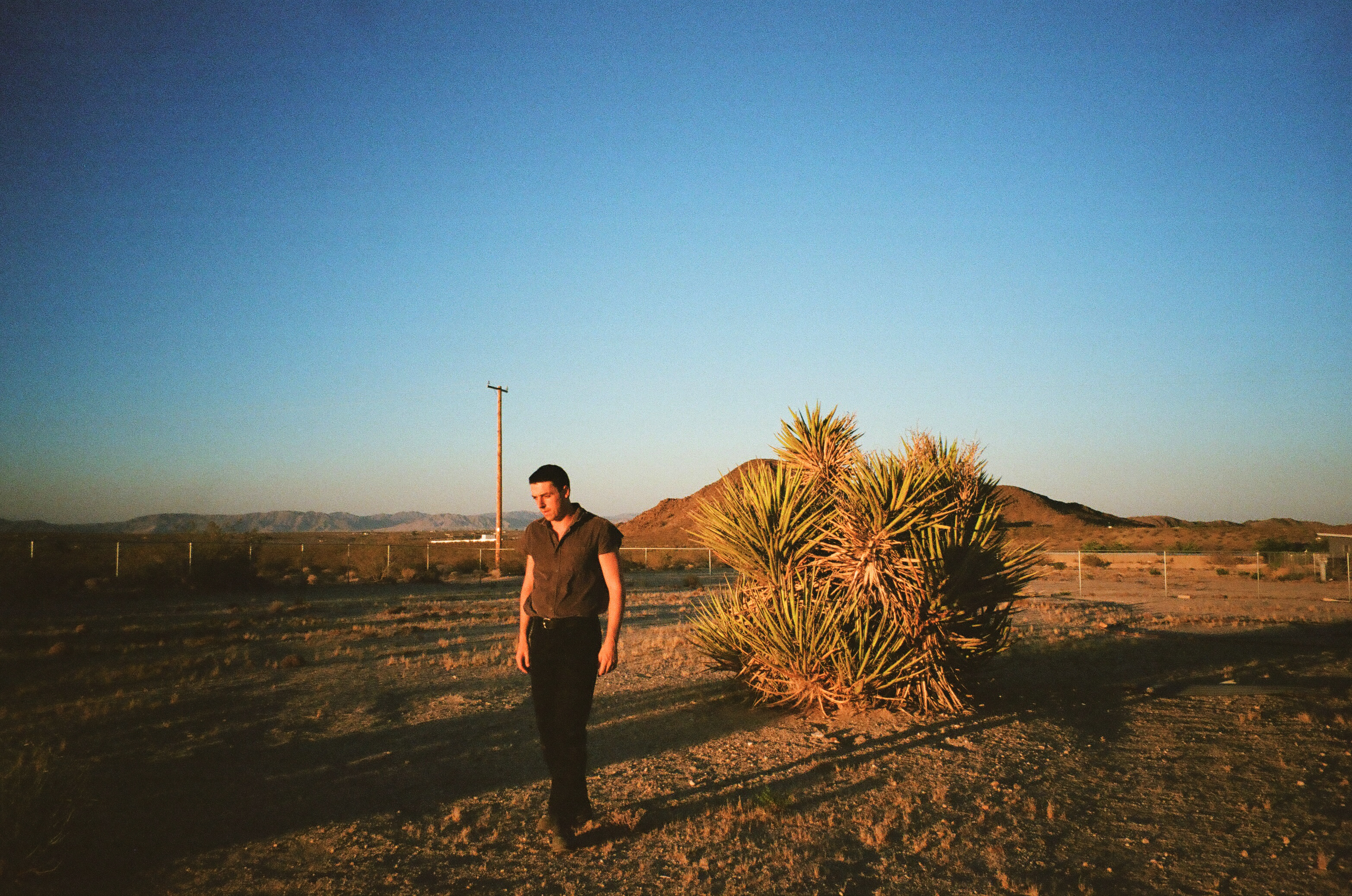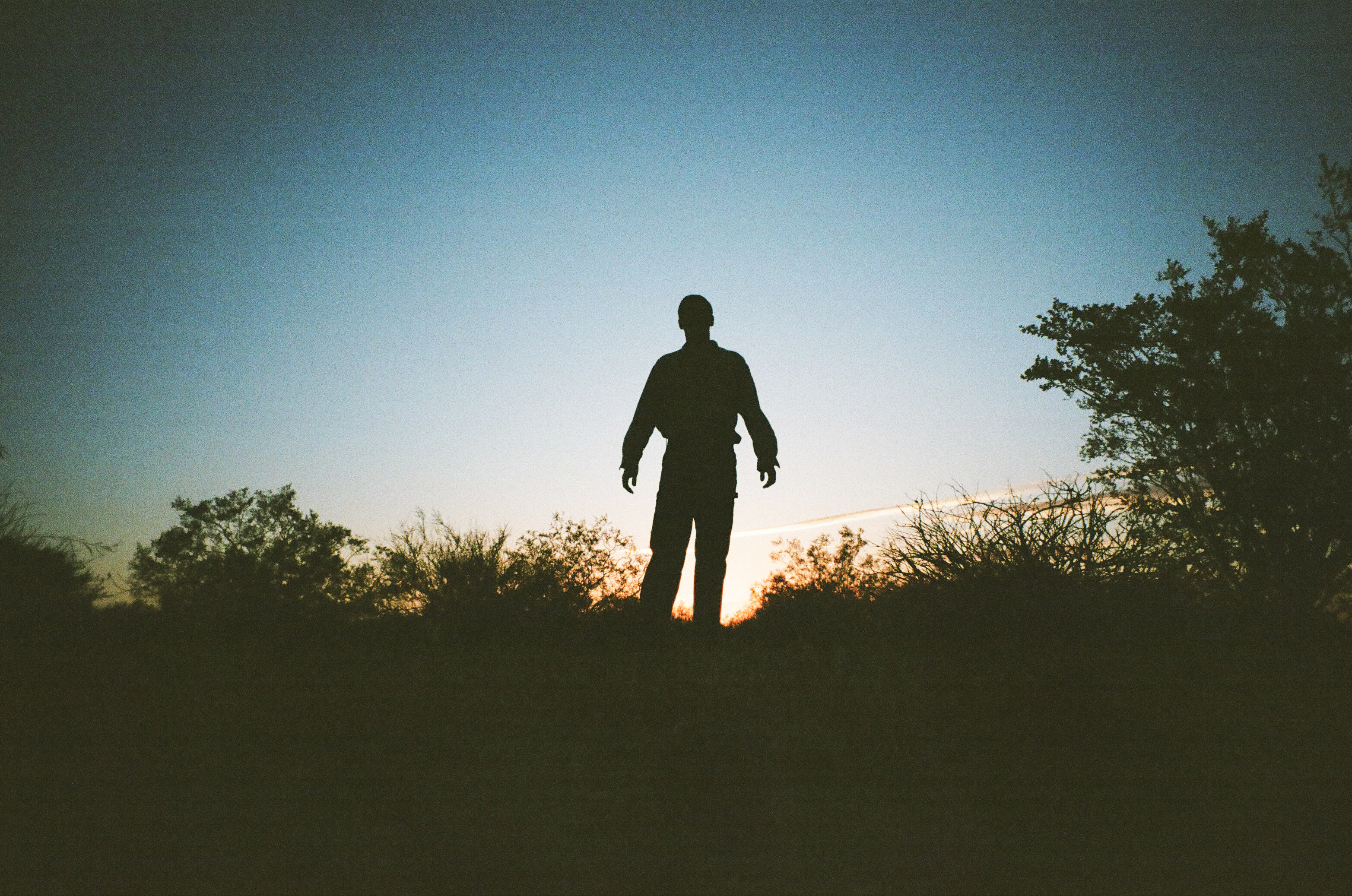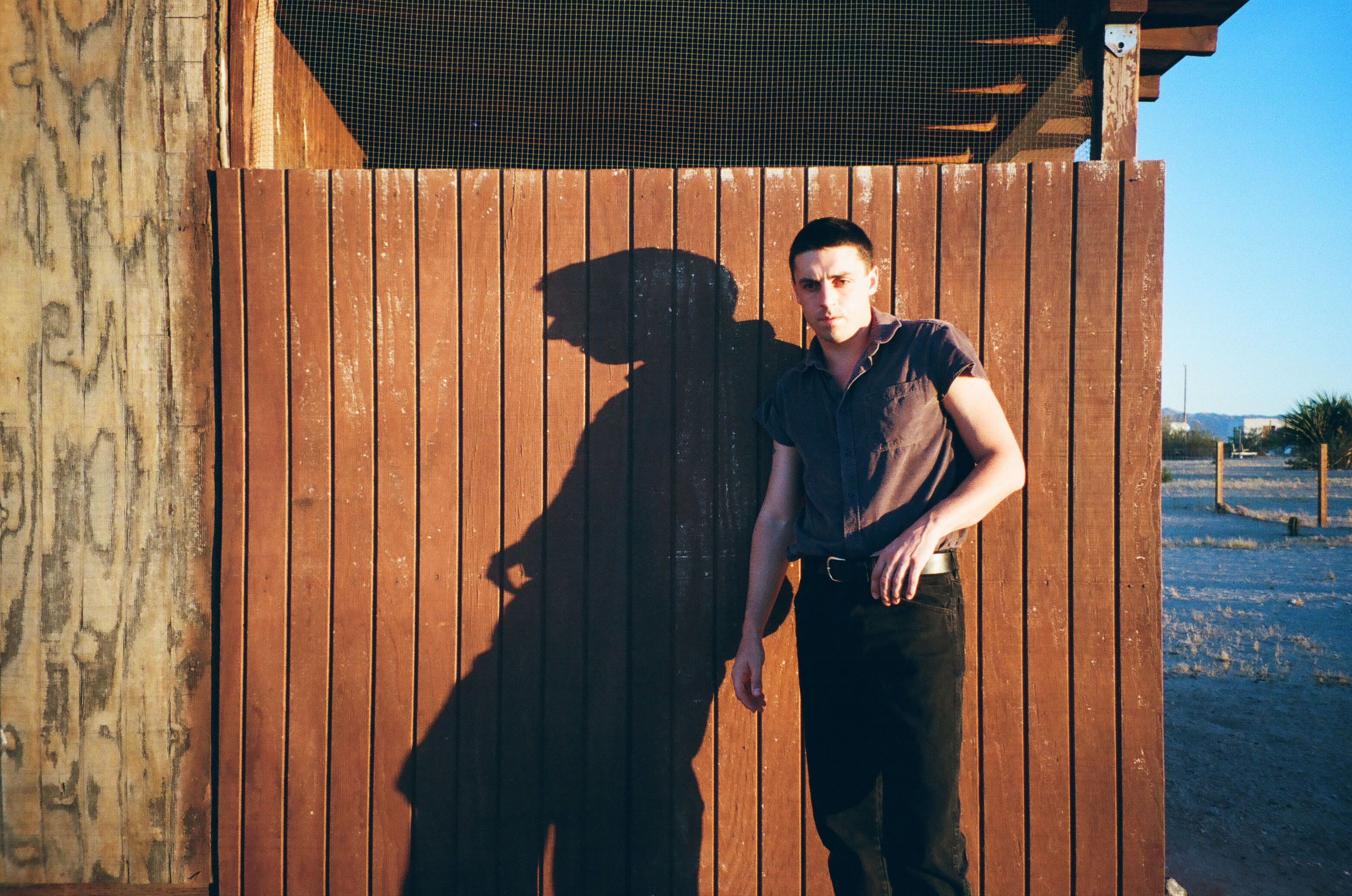Military Genius
Scarred for Life LP (Unheard of Hope)
The starting point for Military Genius’ Bryce Cloghesy on his second album Scarred for Life was to try and make sense of ‘the toll taken by a life lived, and the complex beauty of a reality that can never be repeated or replicated.’
Cloghesy faced his creative crosswords by embracing raw acoustic sounds and a ‘human-first’ approach to the recording process. Ideas were formulated and initially recorded onto cassette tape with minimal editing. Blemishes and artifacts were welcomed, adding to the record’s realism and personal character. “I found excitement in creating something naturalistic and hand-made, flawed by its own humanity,” says Cloghesy. He describes the process as “extremely dogmatic and physically demanding but worth it, as something really passionate, poetic, and romantic came out in the final recordings.”’
The follow-up to his atmospheric 2020 debut Deep Web, Scarred for Life is a genre-flexing mix of bass-heavy R&B, spaced dub, and jazz that is newly grounded within a more traditional rock framework and centered on lyricism. The quietly subversive aspects of the compositions are deeply embedded, with recurring themes popping up across the work, for those who look closely enough. Emotional support came from repeat plays of classic records such as There’s a Riot Goin’ On by Sly Stone, Low by David Bowie, and ATLiens by Outkast on repeat. Turning towards soul music in its many variations, Cloghesy cites Bark Psychosis’ magnum opus Hex as a contender for his new album’s lodestar.
Thematically, Scarred for Life can be approached on a number of planes. The title refers to a gruesome episode in Cloghesy’s life in 2012, when he had a near-death experience after falling through a window. “I tore up my left arm real good and never slowed down to process the trauma,” he says. Add a debilitating series of panic attacks and depressive episodes to the charge sheet—followed by several significant life changes like a move from Canada to California, getting married, and becoming a father—and it’s clear the record has a lot of heavy lifting to do. “It took some time to realize that I had been working tirelessly for years, white-knuckling life without any tools to process stress or trauma. So there are many lyrics about that mental health journey, learning to cope and accept,” Cloghesy explains.
Many of the words used in the song titles reinforce this idea of processing trauma, whether through feelings of introspection, helplessness or acceptance. “Darkness,” “Scarred.” “Forlorn,” “Twisted,” “Prison,” “Solitary,” “Unknown,” “Window,” “Soul,” and “Root” all play into Cloghesy’s wider narrative of the physical and emotional repair addressed to broken things. This is ultimately, and primarily, a compassionate record and a giving one: Cloghesy found “a powerful catharsis putting these experiences into words,” and the music reflects and celebrates a greater understanding and appreciation of how life can be lived.
The Mojave Desert is maybe the key to the record's soul. Cloghesy has been living in Joshua Tree since 2023, shortly after the birth of his son. A lot of the music feels sunbaked, and the low key approach to arrangements may give a sense of being awestruck by the vast space and beauty of his new surroundings. The desert also bears witness to humanity’s wasteful and destructive side, littered with blown-out buildings from bygone eras, structures of scrap metal and shattered plastic toys. “I see the wreckage as beautiful; it’s inevitable and fatalistic. I think it’s fascinating and sometimes amusing to see our humanity reduced to ashes by nature. It sets us free to live in the present,” he notes.
Cloghesy’s studio window also has a direct view of the US military's MOUT Facilities, where soldiers train for Middle-Eastern combat. A suitable setting for the work of Military Genius, a moniker that serves as a wry nod to the importance we place on ‘historical figures,’ theoretical trivia such as ‘iconography within the arts,’ or even ‘the daily battle of existence.’ Cloghesy has staked his pitch in this landscape as a stoic with a droll sense of optimism. This is best heard in the track, “Cactus Christ.” The muted organ part is sat well back and the taps of percussion barely break into the song, just there to add mood. The stabbing guitar notes inject a sense of optimism into the chorus and a Will Sergeant-style guitar run leads this fragile, anthemic number to its end.
There’s a hopeful and pioneering spirit, too, in this quest; heard most clearly in the rugged and independent “Forlorn Dub,” which embraces the influence of early Studio One recordings. This is one of many examples in which Military Genius uses clever stylistic gambits to frame the album’s music: the track flips the chords of Outkast’s “Mainstream” to better explore lyrics about humanity’s resilience, loaded with celestial and terrestrial metaphors.
While Scarred for Life is a predominantly quiet and reflective album, it’s also full of soul and positivity. It’s expertly crafted to be: Cloghesy can make a song suddenly twist on an unexpected chord change, or introduce an instrument that heralds a change in emotional weather. The music constantly plays between darkness and lightness, tension, and release. Take “Solitary Flame,” during which a rich, rasping guitar line suddenly adds considerable emotional weight to the song’s basic narrative. Another example is the quiet reflection of “This Prison.” The title doesn’t suggest an easy listen, but the clever instrumentation adds considerable grace to proceedings, and the mood is lifted up by the interweaving of guitar and sax. The last track, fittingly, is called “Into the Unknown,” a swelling lament boasting a beautiful, lifting melody line. It sounds like it’s being played in a deserted bar and has an air of early Tom Waits about it. The steady beat adds hope and a guitar lick wraps itself around the lovely piano coda. More than any other track, it looks toward the future.
That future is still in the future. And, as the line in “Forlorn Dub” reminds, ‘Though memories fade / A story will remain.’ “I have always been fascinated by the inevitable degradation of all things by the passage of time,’ says Cloghesy. Like the Long Man of Wilmington–a huge figure cut into a Sussex hillside that lay hidden for centuries and, before its restoration, seems to have existed only as a shadow or indentation in the grass–Scarred for Life will continue to create new meaning for those listening.
Scarred for Life is the second Military Genius album for record label Unheard of Hope, the experimental jazz subsidiary of Tin Angel. It was written, recorded, engineered, produced by Bryce Cloghesy in its entirety. Mastering was done by Jeff Lipton at Peerless Mastering in Boston. The album artwork is done by Berlin-based artist Aidan Pontarini.

